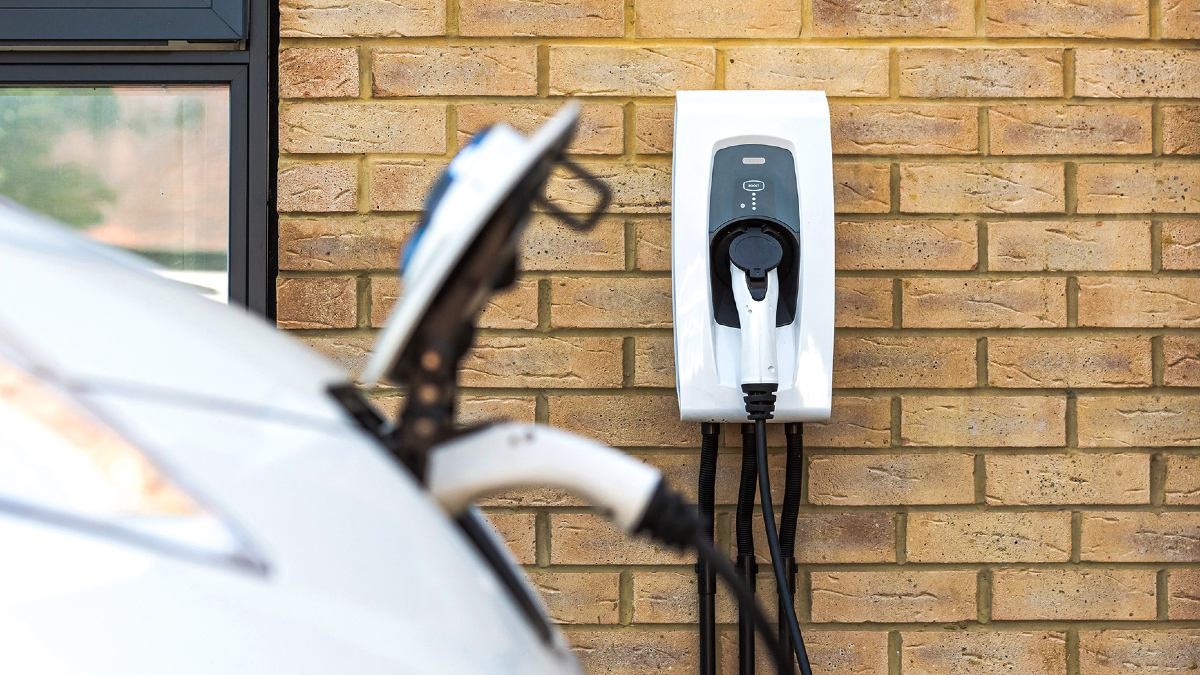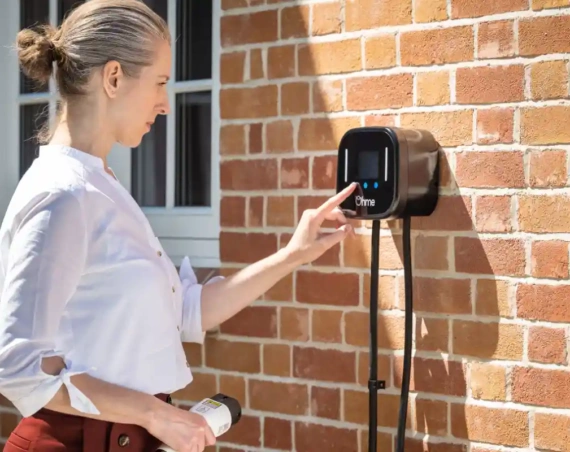MINISTERS have killed off the Plug-in Car Grant as the Government focusses its funding on the UK’s charging infrastructure.
Applications for new grants for plug-in cars have been closed with immediate effect. The closure of the scheme to all new cars, apart from wheelchair accessible vehicles, has been expected by the vehicle broker sector following the scaling back of the grant over recent years. The scheme helped fund more than 420,000 cars, many of which were run by fleets and small businesses. Three quarters of these were full battery electric cars.
A Department for Transport spokesman claimed the Plug-in Car Grant had been a success: “The scheme has succeeded in creating a mature market for ultra-low emission vehicles, helping to increase the sales of fully electric cars from less than 1,000 in 2011 to almost 100,000 in the first five months of 2022 alone.
“Battery and hybrid electric vehicles now make up more than half of all new cars sold and fully electric car sales have risen by 70% in the last year, representing one in six new cars joining UK roads.
“The Government has always been clear the Plug-in Car Grant was temporary and previously confirmed funding until 2022-23. Successive reductions in the size of the grant, and the number of models it covers, have had little effect on rapidly accelerating sales, or on the continuously growing range of models being manufactured.”
The BVRLA said it was right that subsidies were now concentrated on vans and charging infrastructure.
A spokesman for the organisation added: “Although the grant was small and only a handful of electric vehicles were eligible, its withdrawal will be a symbolic moment that could damage confidence in the fragile EV market.
“Most demand for EVs is being driven by the favourable Benefit-in-Kind tax rates available to workers in company car or salary sacrifice schemes. As inflation surges and business and consumer confidence falls, Government needs to maintain these incentives if the country is to have any chance of hitting its ambitious decarbonisation targets..
“Our big concern is for the thousands of drivers that have already ordered EVs in good faith, expecting to get the benefit of the grant. The supply issues that continue to beset the automotive industry mean that many vehicle orders are being delayed or even cancelled. OZEV should review its decision to remove grant eligibility for vehicles delivered more than 12 months after an order was entered on the grant register.”
The DfT spokesman added: “To continue the Government’s drive toward net zero and ensure effective use of taxpayer funds, £300 million will now be refocussed towards extending Plug-in Grants to boost sales of plug-in taxis, vans, trucks, motorcycles, and wheelchair accessible vehicles, as announced in the Autumn Statement.
“The shift in focus will also help allow Government funding to target expanding the public chargepoint network, helping to eradicate “range anxiety” and ensuring the transition to zero-emission transport is easy and convenient for all drivers across the UK.”
The DfT confirmed plug-in grants will continue until at least financial year 2023/24 for taxis and motorcycles, and 2024/25 for vans, trucks and wheelchair accessible vehicles.

Tristan Young is an award winning journalist with more than 25 years’ experience reporting on the automotive industry focussing predominantly on fleet and retail. As a self-confessed petrol-head, Tristan has a weakness for car classifieds. When he’s not writing about the automotive industry, he can usually be found outdoors with a small pack of border collies.



